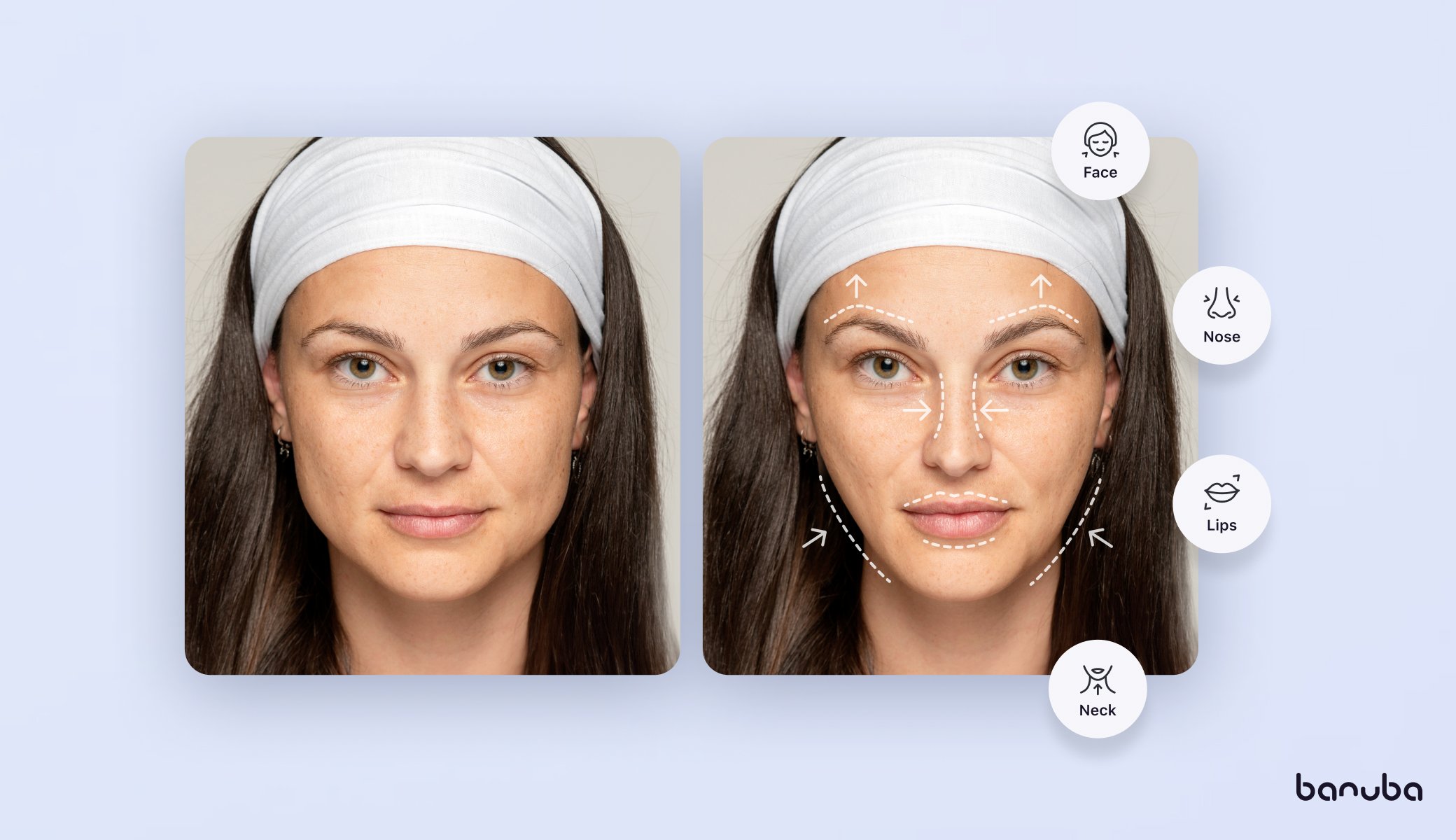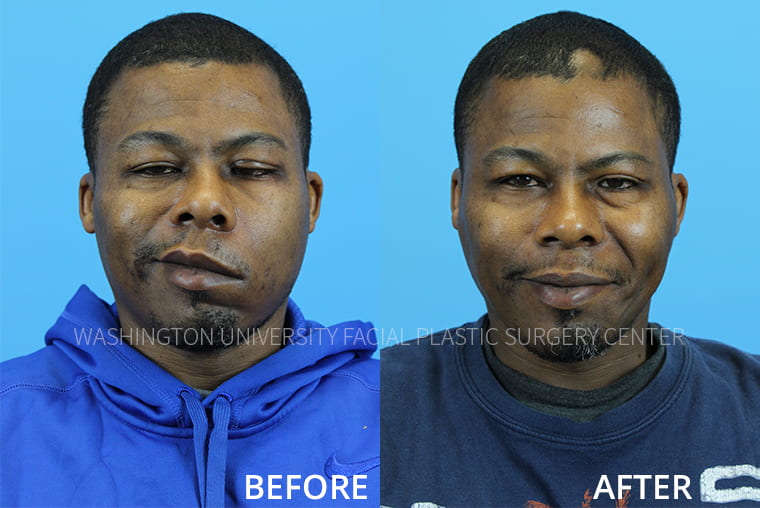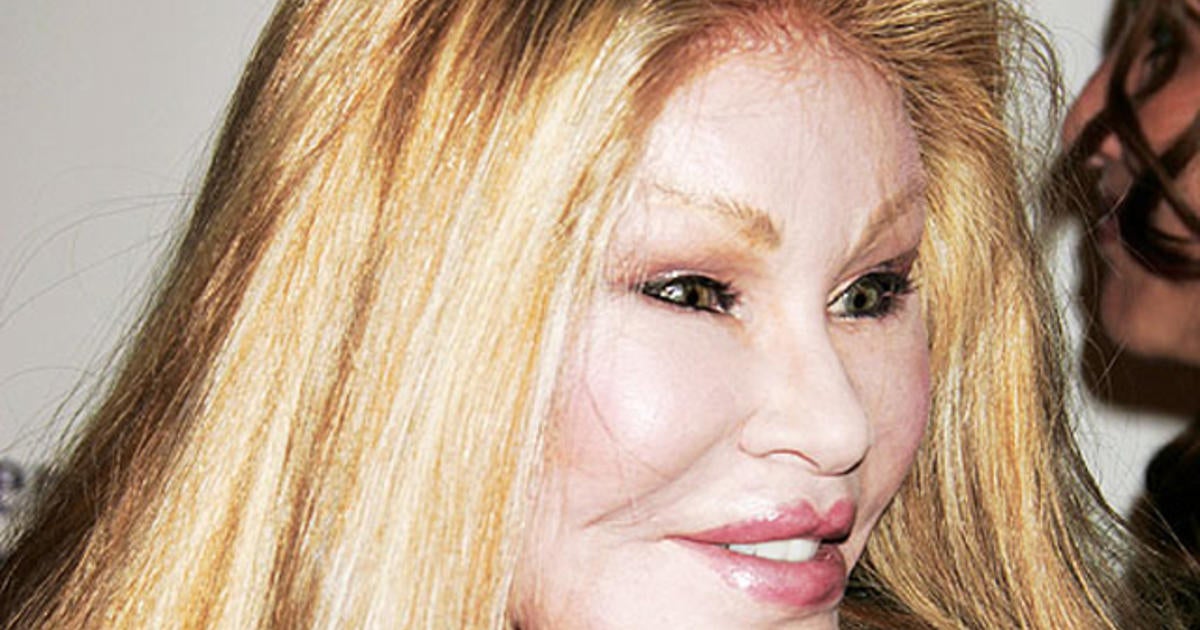Mommy Makeover Rancho Cucamonga: Recover Your Vibrant Number with Professional Procedures
Mommy Makeover Rancho Cucamonga: Recover Your Vibrant Number with Professional Procedures
Blog Article
Examining the Emotional and Social Aspects That Drive Individuals to Consider Aesthetic Surgical Procedure as a way of Renovation
The decision to pursue plastic surgery commonly prolongs past mere looks, linking with mental and social dynamics that merit detailed exam. Factors such as self-esteem, prevalent societal beauty requirements, and the prevalent impact of social media assemble to shape private motivations for surgical enhancement. As these impacts end up being significantly prominent, understanding the underlying cultural and emotional contexts is crucial. What remains to be explored is the extensive impact these variables have not just on individuality yet additionally on wider societal norms and values bordering beauty and approval.
The Function of Self-worth
Self-worth significantly influences an individual's choice to seek cosmetic surgical procedure. People with reduced self-esteem frequently perceive themselves in an unfavorable light, leading to feelings of inadequacy regarding their physical appearance. This adverse self-perception can drive them to look for medical treatments as an approach of enhancing their self-image. The need for renovation in one's appearance is frequently linked to a belief that such adjustments will boost their overall self-respect and self-confidence.

Ultimately, the role of self-worth in the decision-making process concerning plastic surgery highlights the complex interplay in between body image, personal fulfillment, and mental health. Understanding this partnership is important for healthcare experts to make certain that individuals are making notified choices rooted in reasonable assumptions and psychological health.
Social Appeal Requirements
Influenced by prevalent media representations and social stories, societal charm requirements play a vital duty fit people' understandings of their own bodies. These standards are commonly characterized by an idealized kind of beauty that emphasizes characteristics such as proportion, slimness, and youthful vigor. As these suitables are continued with numerous networks, including film, tv, and advertising, individuals regularly internalize these messages, resulting in discontentment with their all-natural look.
The ramifications of these social norms prolong past visual preferences; they can impact self-confidence, mental health and wellness, and interpersonal partnerships. People that perceive themselves as falling short of these criteria might experience feelings of insufficiency, prompting a desire for cosmetic surgical treatment as a means of attaining societal approval. This pursuit is commonly sustained by the idea that adapting these suitables will boost not only physical appearance yet likewise social standing and individual satisfaction.

Impact of Social Media Site
The effect of social appeal standards is more enhanced by the increase of social media sites systems, where curated pictures and idyllic depictions of elegance are ubiquitous. Users are frequently revealed to filtered and modified photos, which commonly depict unattainable physical qualities. This exposure cultivates a culture of contrast, view it now leading individuals to analyze their own look versus these usually unrealistic criteria.
Social media influencers and stars regularly promote aesthetic procedures, normalizing the concept that surgical improvements are a feasible ways for achieving societal perfects (plastic surgery rancho cucamonga). The exposure of these improvements can develop an assumption that undergoing cosmetic surgical procedure is a basic technique, thereby influencing people to think about similar interventions as a pathway to boosted self-esteem and social acceptance
Additionally, the interactive nature of social media permits for immediate comments via likes and remarks, better enhancing the need to adhere to popular beauty standards. Such communications can aggravate feelings of insufficiency and drive individuals toward plastic surgery as a way of getting validation. Eventually, social networks plays a pivotal function fit perceptions of beauty, which significantly impacts the decision-making procedures bordering plastic surgery.

Social Perspectives on Look
Across numerous cultures, assumptions of look are deeply rooted in historic, social, and financial contexts, forming people' views on elegance and desirability. In many societies, appearance acts as a considerable marker of identity, affecting social standing, specialist opportunities, and individual relationships. As an example, in some societies, light skin is usually connected with wealth and opportunity, while others may idealize darker complexion as icons of toughness and credibility.
Moreover, typical elegance standards are usually perpetuated with social narratives, media depictions, and family affects, leading to varying suitables throughout various regions (plastic surgery rancho cucamonga). In Western cultures, the focus on youth and fitness usually drives individuals toward cosmetic enhancement, while in particular Eastern societies, more subtle modifications straightened with conventional aesthetics might be chosen
Globalization and the expansion of digital media have further complicated these dynamics, producing a hybridization of charm suitables that transcends geographical boundaries. As individuals official website progressively browse these social stories, the pressure to comply with specific appearance criteria can bring about the need for cosmetic surgery, reflecting a complex interplay of personal goals and social worths. Recognizing these social viewpoints is essential in addressing the motivations behind plastic surgery considerations.
Emotional Impacts of Cosmetic Surgery
Lots of individuals seeking cosmetic surgical treatment record experiencing profound emotional effects that can considerably alter their self-perception and psychological health - plastic surgery rancho cucamonga. The wish for physical improvement frequently originates from underlying issues such as reduced self-esteem, body dysmorphic problem, or societal pressures concerning beauty criteria. For some, the prompt post-operative stage can result in a temporary increase in self-esteem and satisfaction with their appearance, fostering a sense of empowerment
Nonetheless, these favorable sensations may not be sustaining. Study shows that while some people experience boosted self-worth, others might deal with heightened stress and anxiety or anxiety if their expectations are not fulfilled. This inconsistency can arise from impractical suitables perpetuated by media representation and cultural stories surrounding charm.
Furthermore, the mental implications of plastic surgery expand past the person. Relationships with family and close friends go to this site might be stressed as social characteristics change, leading to sensations of seclusion or alienation. Eventually, the emotional effects of cosmetic surgical procedure are intricate and complex, requiring cautious consideration by both prospective clients and doctor to make sure educated decision-making and practical expectations.
Verdict
To conclude, the choice to go after cosmetic surgical procedure is considerably influenced by a mix of self-esteem problems, societal appeal criteria, and social viewpoints on look. The pervasive reach of social media sites better worsens these pressures, promoting impractical perfects that people typically aim to obtain. Recognizing these psychological and social variables is essential for dealing with the motivations behind plastic surgery, highlighting the requirement for a much more nuanced conversation bordering charm and self-acceptance in modern culture.
The choice to pursue cosmetic surgery commonly extends past mere visual appeals, intertwining with mental and social dynamics that warrant detailed examination. Inevitably, social media plays an essential role in shaping perceptions of appeal, which substantially affects the decision-making procedures bordering cosmetic surgical treatment.
As people significantly navigate these social stories, the stress to adhere to specific appearance standards can lead to the wish for cosmetic surgical procedure, reflecting an intricate interaction of cultural worths and personal aspirations.In final thought, the decision to go after cosmetic surgical procedure is substantially influenced by a combination of self-confidence problems, social appeal criteria, and cultural viewpoints on look. Understanding these social and psychological aspects is important for attending to the motivations behind cosmetic surgical procedure, highlighting the requirement for an extra nuanced conversation bordering beauty and self-acceptance in modern culture.
Report this page